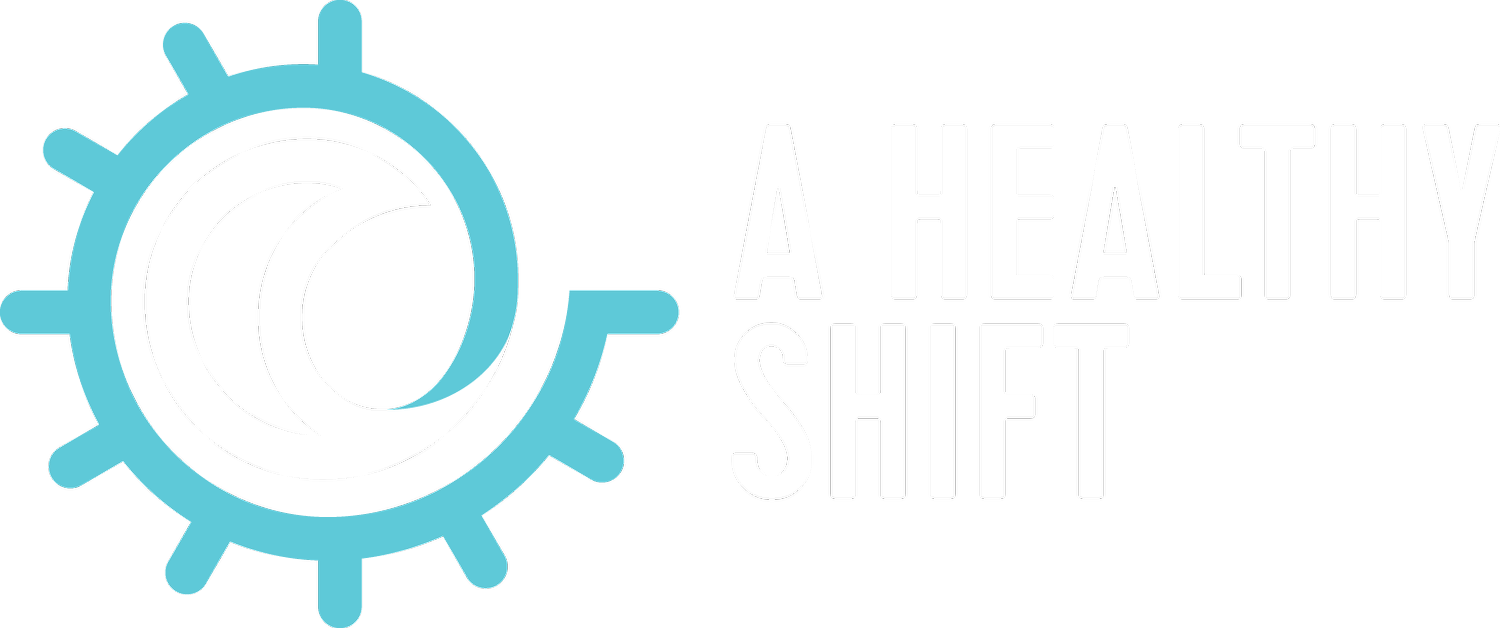Navigating Compassion Fatigue: Signs and Strategies for Shift Workers
Introduction:
In the demanding world of shift work, especially front-line health and emergency services, compassion is a quality that often sets us apart.
We give our all to support those in need, day in and day out. But as seasoned shift workers, we know that this unrelenting dedication can sometimes take its toll.
That toll is known as “compassion fatigue”, and recognizing its signs is the first step towards finding balance and resilience in our demanding shift working profession.
Understanding Compassion Fatigue:
Compassion fatigue is not a sign of weakness, but rather an indicator of our profound dedication to the well-being of others. It is a natural response to the emotional strain that comes with witnessing and alleviating the suffering of others over extended periods. For shift workers, such as doctors, nurses, police, fire and paramedics, this emotional strain is compounded by irregular schedules and the challenge of maintaining personal well-being amidst the demands of the job.
Recognizing the Signs:
Emotional Exhaustion:
Feeling emotionally drained, unable to connect with others.
Experiencing mood swings, irritability, or a sense of hopelessness.
Reduced Empathy:
Finding it increasingly challenging to relate to the experiences of those we serve.
A decline in our ability to show empathy and compassion towards others.
Physical Symptoms:
Experiencing chronic fatigue, sleep disturbances, or frequent headaches.
Developing digestive issues, muscle tension, or other physical ailments.
Detachment:
A sense of emotional detachment from our patients, clients, or colleagues.
Feeling numb or indifferent to the emotional experiences of others.
Strategies for Combatting Compassion Fatigue:
Prioritize Self-Care:
Establish a routine that includes regular exercise, balanced nutrition, and sufficient sleep.
Engage in mindfulness practices, such as meditation or deep breathing exercises, to nurture mental well-being.
Seek Social Support:
Connect with supportive fellow shift workers who understand the unique challenges we face.
Share experiences and strategies for coping with the emotional demands of our profession.
Practice Boundaries:
Learn to set clear boundaries to protect our emotional energy and prevent burnout.
Communicate openly with colleagues and supervisors about our needs and limitations.
Engage in Reflective Practice:
Take time to reflect on our experiences and emotions, acknowledging the impact of our work.
Seek supervision or professional guidance to process challenging situations and emotions.
Professional Development:
Stay up-to-date with evidence-based practices and strategies for effective care.
Attend workshops, seminars, and conferences to enhance our knowledge and skills.
I run Nutrition, Health & Wellbeing Seminars for shift working environments. Find out more HERE
Conclusion:
As dedicated shift workers, our mission is to provide exceptional care to those in need. Recognizing and addressing compassion fatigue is not a sign of weakness, but a testament to our commitment to the well-being of others. By prioritising self-care, seeking support, and implementing evidence-based strategies, we can navigate the challenges of our profession with resilience and grace.
It’s imperative that you put the oxygen mask on yourself first so you can bring your best to others (I’m sure I’ve heard this somewhere else before)
Together, we can not only survive but thrive in the world of shift work, ultimately providing even greater support to those who really rely on us.
Remember, you are not alone, and your dedication and commitment to your chosen vocation is truly commendable.
Keep up the great work shift worker!


